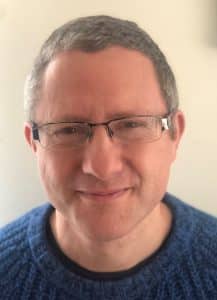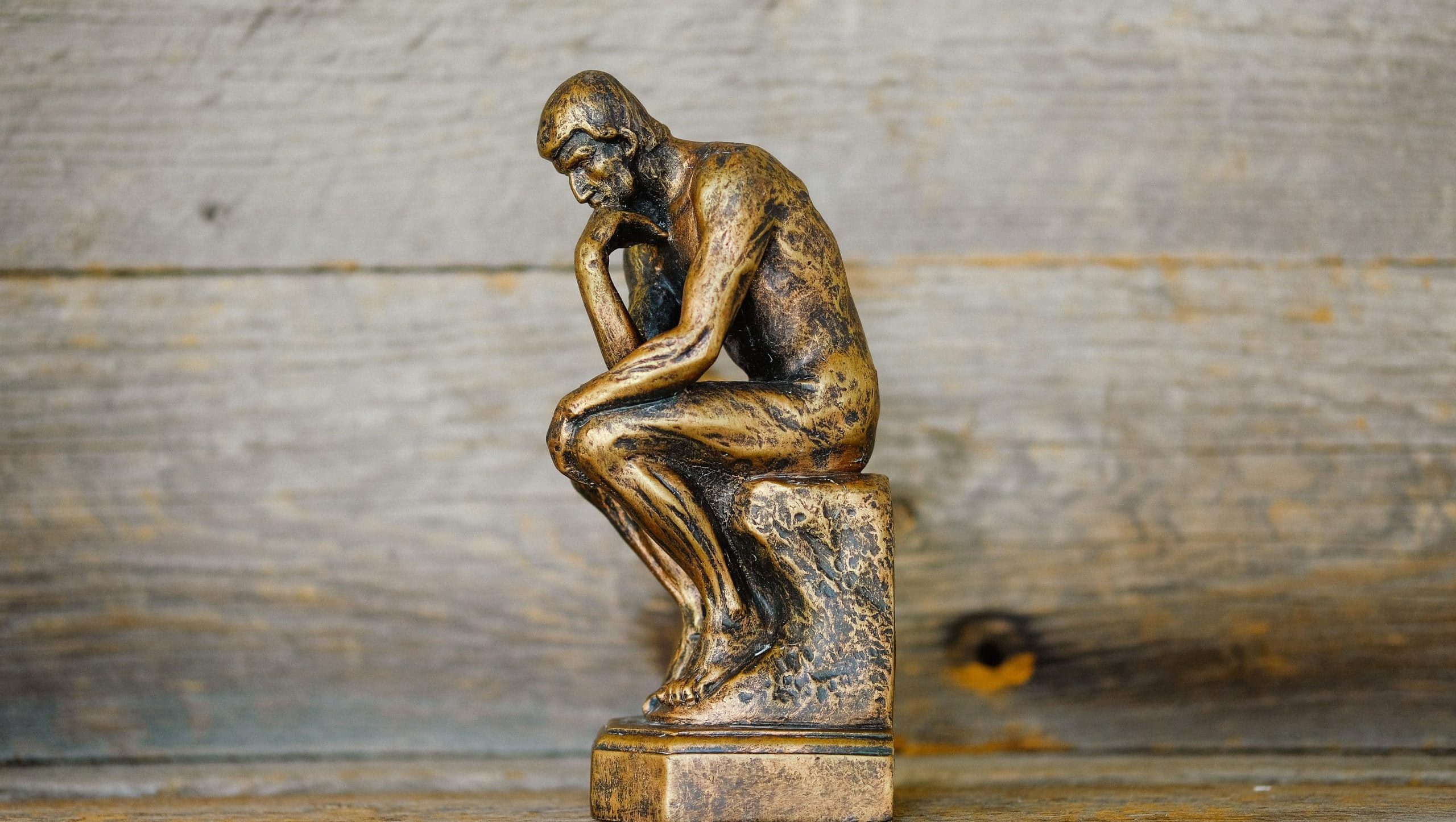
How we define health is one of those old chestnuts which invite regular debate, even though – or indeed because – it’s difficult to agree on an answer. The question that is related but less often asked is not what, but where health is. When we measure the level of haemoglobin in someone’s blood, or outline their organs using the latest form of radiological magic, the answer seems clear: inside the body. To the elderly widower coming to terms with the loss of his life partner, it is just as clearly different: health is outside too, in the ties that bind us to each other, and whose severing leaves us not just alone, but diminished.
Throughout medical history, there has been a tension between systems that locate health within the patient and those that have it outside. We consider the orthodox western approach normative, while perhaps dabbling a bit in complementary therapies like acupuncture or chiropractic. All are similar, however, in viewing the body as the place where things go wrong, and where they must be put right, whether we think in terms of the circulation of oxygenated blood, the flow of energy or the correct alignment of the vertebrae. This view may seem so self-evidently correct to us that it’s difficult to think of an alternative, but traditional forms of medicine have tended to look outside the body at its wider context, seeing health as a state of harmony between the body and society, nature, and the supernatural world, however these are construed.1 Viewed from this perspective, health is simply one aspect of a life lived well within the matrix of the universe rather than a property of bodies – or minds – in isolation.
To the elderly widower coming to terms with the loss of his life partner, it is just as clearly different: health is outside too, in the ties that bind us to each other, and whose severing leaves us not just alone, but diminished.
We see vestiges of this tension in the modern conflict between theories of nature and nurture in determining who we are, between the biomedical and psychosocial models of ill health, and between objective, measurable indicators of disease and subjective, constructed narratives of illness. At the heart of these differences is the same question: whether we can understand someone better by peering inside, or by examining instead how they relate to the world around them.
As with most dichotomies, there is of course value on both sides. Our current healthcare system rates looking in much more highly than looking out, however, as demonstrated by the constant quest for greater diagnostic precision through the use of blood tests and scans.2-4 Having to discuss with someone how they’re feeling or what their concerns might be can seem a little outdated. Our implicit aspiration is for the technology to relate directly to the disease, bypassing the patient, the doctor, and any kind of relationship between them. While science clearly has its place in medicine, there is a danger that we are cultivating a kind of medical esotericism, in which truth becomes the preserve of an inner circle of wizard-priests, and knowledge is power. In this sense, professional medicine always runs the risk of disempowering those it tries to help, by exchanging a reasonable view of health for something technical and inaccessible to the uninitiated.5
Our understanding of the social determinants of health is perhaps the best modern articulation of the idea that health is also externally located.
Our understanding of the social determinants of health is perhaps the best modern articulation of the idea that health is also externally located.6 Where you live, what your family is like, and how you make a living all have more impact on your life expectancy than your medical care. We recognise social factors as important, but still only insofar as they affect measurable or disease-based outcomes, as if these were the only things that mattered. Would we really tolerate damp, overcrowded accommodation if it didn’t increase our cardiovascular risk? Going for a walk isn’t healthy because it helps you get your ten thousand steps in, but because we are not built for sitting at a desk all day, and because the world we live in is out there, no matter how much time we spend online or immersed in our thoughts. Meeting up with friends is not a way of preventing mental health problems, it’s just part of being human. Can we really expect to be healthy by any definition if we neglect these things?
Too much of what we do as doctors is inherently negative, trying to avoid or manage illness rather than helping people to live healthy lives. We often feel this when we see patients lost in a jungle of symptoms without any biomedical cause, who would probably benefit more from an examination of their life than another round of blood tests and referrals. Even when it’s clear that someone’s situation is making them ill, we sometimes still reluctantly prescribe in order to keep them going because the alternatives all seem worse, or because we’re rarely in a position to do much else. And yet there are times too when we can be surprised by how healthy some people seem, in the sense of living their life well, despite the presence of long-term illness or disability: here too, what we see depends on whether we are looking in or looking out.7 It’s easy for doctors and patients alike to feel overwhelmed by everything they’re dealing with, but there are sometimes grounds for hope, and ways through the jungle, which we can glimpse if we adjust our view.
Deputy Editor’s note: Readers may also want to look at Misselbrook D, W is for Wellbeing and the WHO definition of health,
References
- The Greatest Benefit to Mankind: a medical history of humanity from antiquity to the present, Roy Porter, Harper Collins, 1997
- New blood test could ‘transform’ treatment for children with fever | Health | The Guardian
- Alzheimer’s: ‘Promising’ blood test for early stage of disease – BBC News
- Galleri cancer test: What is it and who can get it? – BBC News
- Medical Nemesis: the expropriation of health, Ivan Illich, 1976
- The Health Gap, Michael Marmot, Bloomsbury, 2016
- Rousseau MC, Pietra S, Nadji M, Billette de Villemeur T. Evaluation of quality of life in complete locked-in syndrome patients. J Palliat Med. 2013;16(11):1455–8. doi: 10.1089/jpm.2013.0120
Featured Photo by Kenny Eliason on Unsplash









Thanks Ben. This is reminiscent of Georges Canguilhem, who moved away from a simple concept of health as being an absence of biomedical abnormality towards something less unitary and more dynamic. Canguilhem argued that health does not exist in a vacuum, but is a property of individuals within their particular environment.
Canguilhem’s approach was promoted by an editorial in the Lancet in 2009 entitled “What is health? The ability to adapt.” The editorial stated “Science has not eradicated suffering, despite its enormous power to deliver technologies to improve health. …. Health is not a fixed entity. It varies for every individual, depending on their circumstances. Health is defined not by the doctor, but by the person, according to his or her functional needs. The role of the doctor is to help the individual adapt to their unique prevailing conditions. This should be the meaning of ‘personalised medicine’.”1.
1.Editorial. What is health? The ability to adapt. The Lancet Vol 373 March 7, 2009.